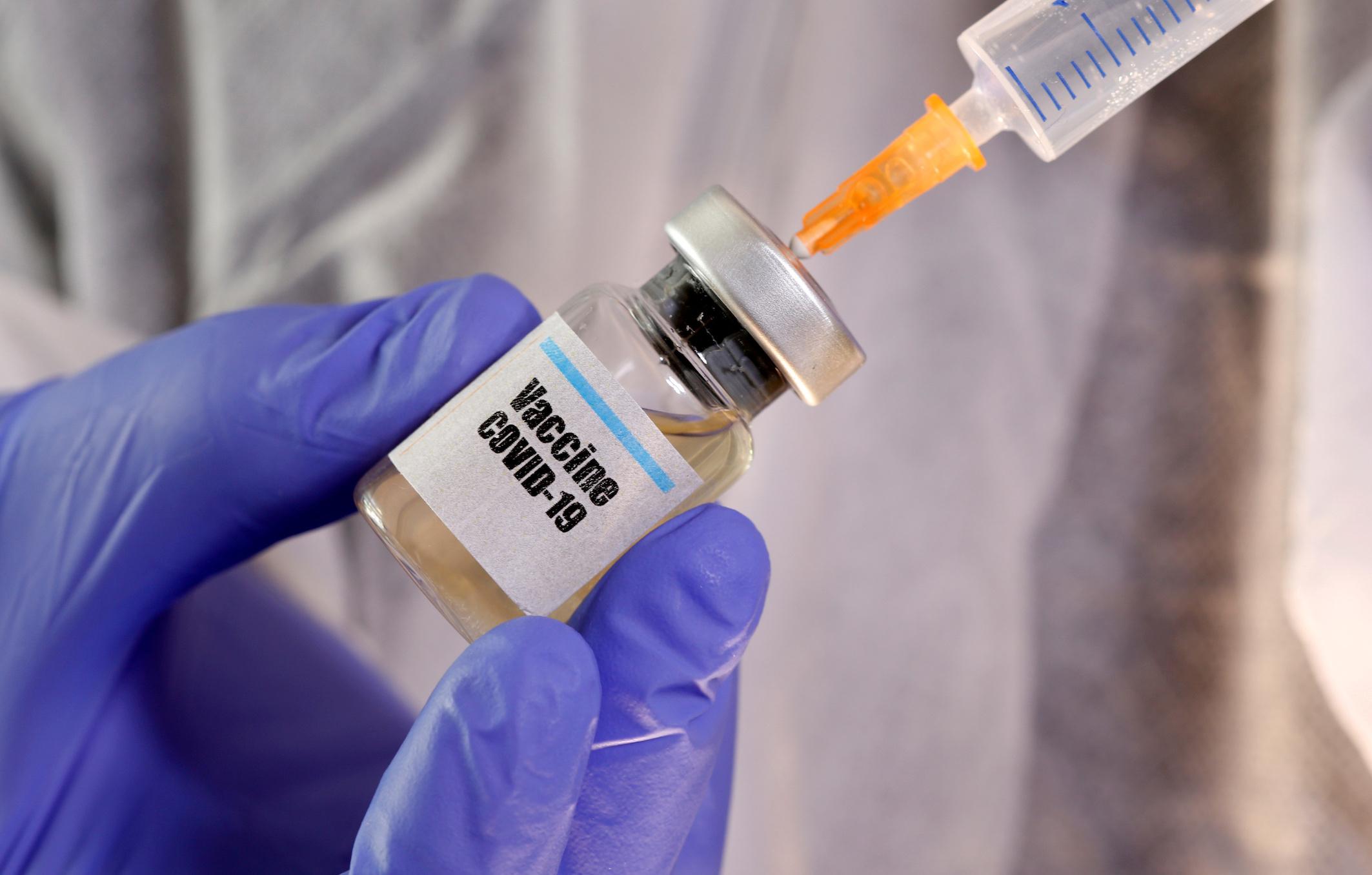Gov’t eyes deal with vaccine makers by end of 2020, early Jan. 2021 —Galvez

On the heels of the issue that the Philippines missed an opportunity to have Pfizer’s COVID-19 vaccine delivered by January next year, the government is targeting to secure a deal with various manufacturers in the next few weeks.
“We are eyeing to strike a deal with vaccine manufacturers by the end of this year or early January 2021,” National Task Force Against COVID-19 Chief Implementer and vaccine czar Carlito Galvez Jr. said in a statement on Saturday.
At a briefing on Saturday morning, Galvez said the government is eyeing to secure a deal with Pfizer within December or the first week of January this year.
"Inaaantay na lang po 'yung validation tsaka 'yung confirmation from the Pfizer headquarters. Once na nagkaroon ng talagang kung ilan 'yung i-a-allocate sa atin ay magkakaroon na po ng pirmahan. Hopefully ang earliest is within this month, or just in case madelay 'yung allocation, it will be first week of January," Galvez said.
"Natutuwa kami sa Pfizer kasi hindi po kami iniwan," he added.
Foreign Affairs Secretary Teodoro Locsin Jr. recently said "somebody dropped the ball" which affected the shipment of 10 million doses of Pfizer vaccine to the country by January next year.
Senator Panfilo Lacson, citing information from Philippine Ambassador to the US Jose Manuel Romualdez, later on said it was Health Secretary Francisco Duque III who failed to work on the necessary documentary requirement, namely, the Confidentiality Disclosure Agreement (CDA).
Galvez, however, insisted that the Philippines did not miss an opportunity to secure doses of COVID-19 vaccines, noting that “negotiations on many occasions will reach stalemate and gridlock when legal challenges, public interest and safety are at stake.”
Duque, in his defense, said that if ever he was at fault, it was because he chose to “err on the side of caution,” saying that he wanted to know more about Pfizer’s vaccine but the absence of a CDA kept the pharmaceutical firm from disclosing data.
The Health chief also said the required CDA by Pfizer was originally intended to be signed by the Office of the President (OP) and not the Department of Health.
Duque said DOH cannot sign the CDA on behalf of the whole government which was why the Department of Science and Technology and Galvez had signed the CDA separately.
Nevertheless, Galvez said the Philippines is now in the advanced stages of negotiations with various vaccine manufacturers.
“While our vaccine expert panel and the Food and Drug Administration (FDA) continuously assess the safety and efficacy of each of the candidate vaccines, we are also trying to get the best price possible to ensure cost-efficiency and equitable access for the poor,” he said.
“Payments will only be done once all the regulatory requirements for Emergency Use Authorization from FDA and the originating country are secured,” he added.
The vaccine czar expressed optimism that initial deliveries will be made by March of next year and the inoculation program may commence within that period “given the timeline of production.”
“I will say it again that all vaccines will pass FDA approval to ensure safety and efficacy,” he said.
Galvez noted that the delivery of all vaccines regardless of country of origin and manufacturer will be made in tranches or on a staggered basis, which is the same mode of delivery for developed countries such as the United States, United Kingdom, and Canada.
Commercial prices
He also clarified that the prices released to the media are all commercial prices.
“These are not the negotiated prices given to us by the companies,” the vaccine czar said.
“The negotiated price of a dose of vaccine is mostly at a cost since most of the companies believed that during this pandemic our moral obligation and global interest is to save lives and humanity,” he added.
The vaccine czar explained that negotiations on prices are guided by the Department of Finance in allocating P73 to P75 billion for the inoculation of 60 to 80 million Filipinos and which will allow the country to achieve the WHO’s standard for herd immunity.
“Likewise, we hope to seal deals similar to the tripartite agreement we signed with Astrazeneca, wherein 2.6 million doses of the vaccine were sold to the private sector at no profit, which were in turn, donated to the government at no cost,” Galvez said.
“Again, we want to assure the public that the government will not compromise our vaccine selection, negotiation, and procurement process. No deal will be finalized without the corresponding regulatory approval from their country of origin and Emergency Use Authorization from our FDA,” he said. —With a report from Jamil Santos/KG, GMA News



